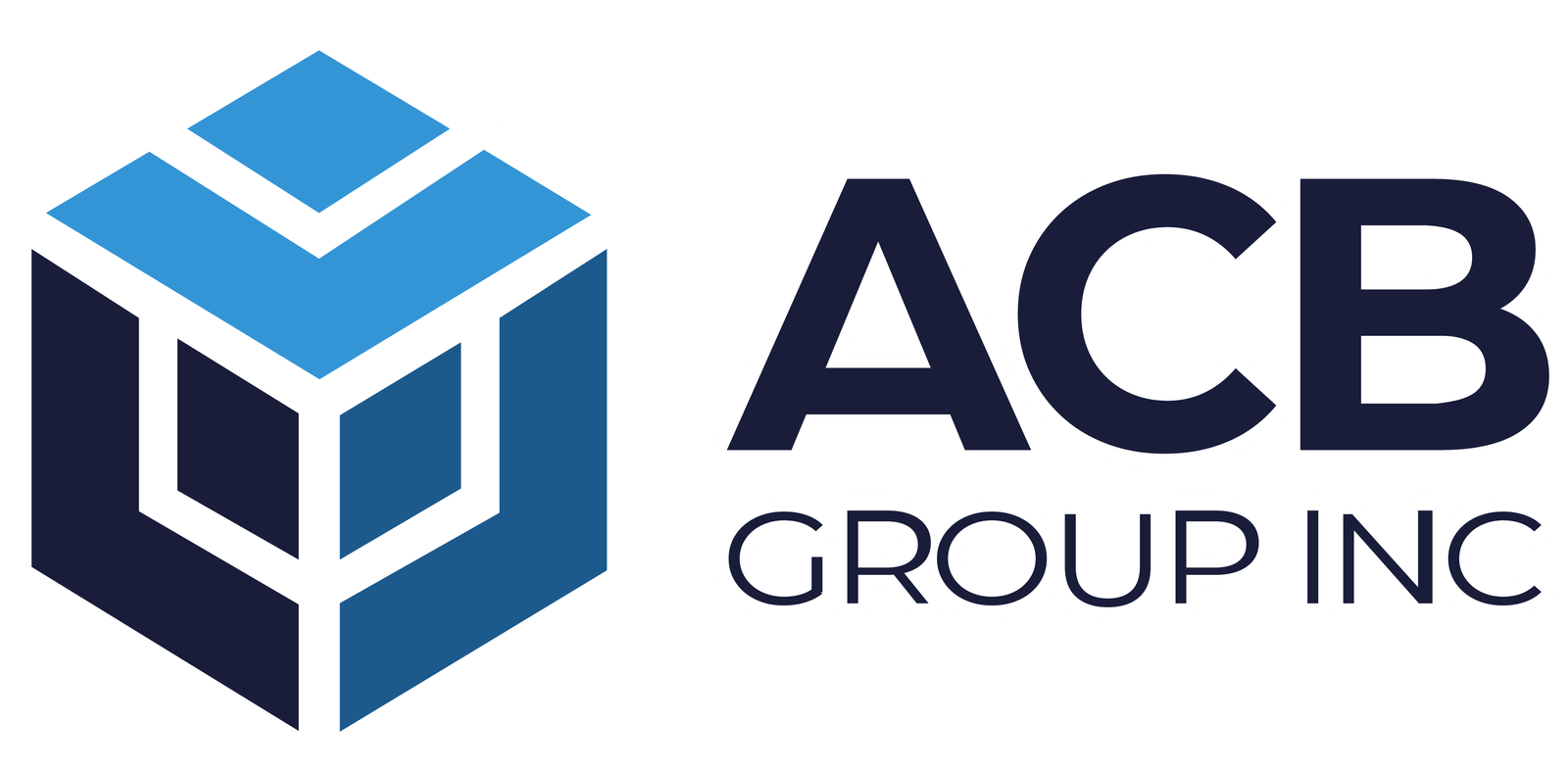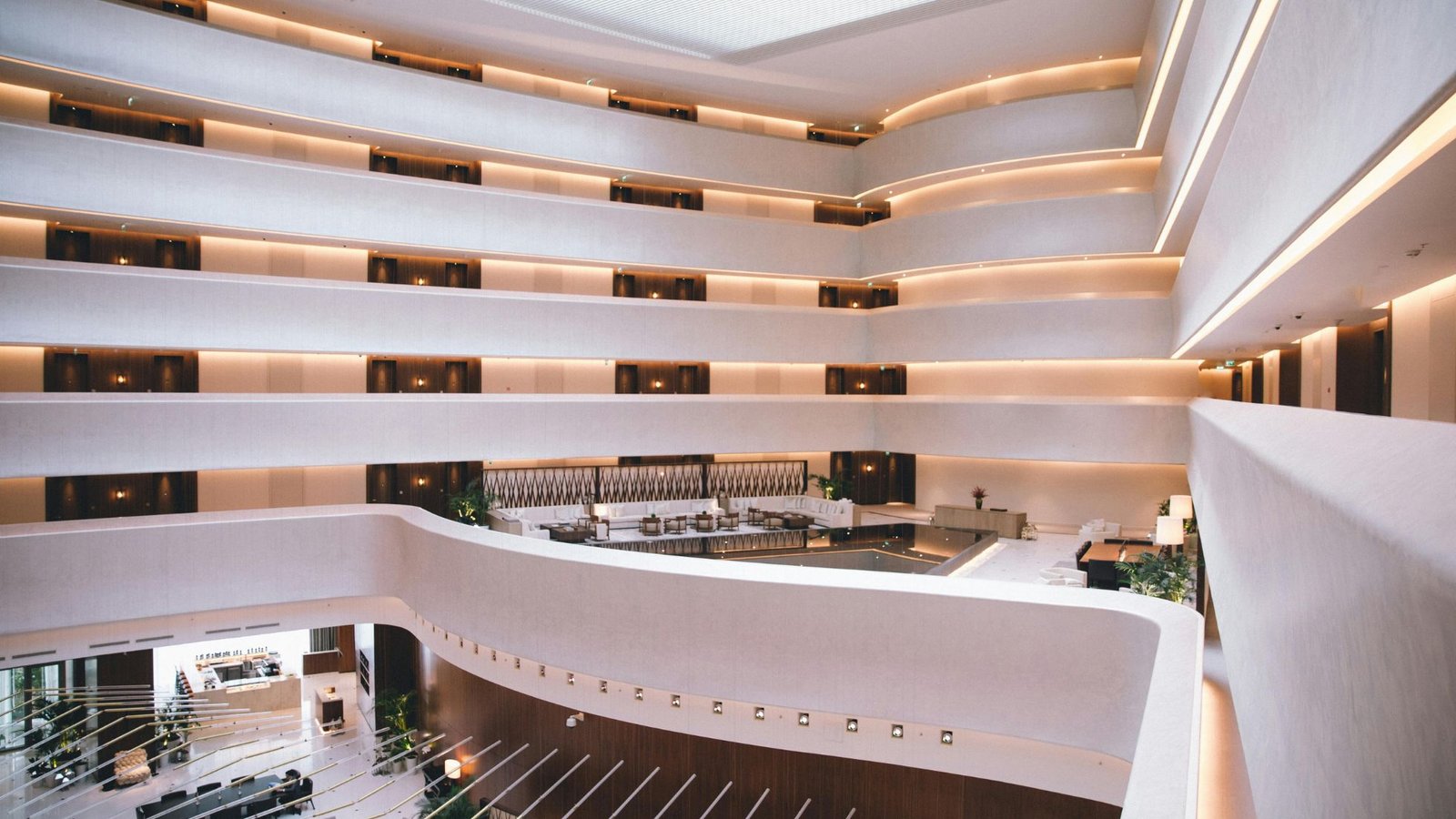The hospitality industry is evolving at a rapid pace, and construction trends are no exception. As hotels, resorts, and restaurants look to offer extraordinary experiences, new trends in hospitality construction are emerging. In this post, we will explore the top hospitality construction trends to watch in 2025 while integrating relevant digital marketing strategies such as SEO, PPC, content marketing, and social media. This comprehensive guide is designed to help industry professionals, marketers, and construction experts navigate the future of hospitality design and development.
The Intersection of Hospitality Construction and Digital Marketing
Before diving into the specific trends, it’s important to understand how digital marketing is influencing hospitality construction. Innovative technologies, smart building solutions, and online engagement are merging physical construction with digital marketing strategies. Today, the integration of SEO, PPC, content marketing, and social media is critical for showcasing new construction projects and attracting potential clients.
Key Digital Marketing Strategies for Hospitality Construction
- SEO: Optimizing online content to rank higher in search engine results is crucial for construction companies. Target keywords like “hospitality construction trends 2025” and “innovative hotel design” are essential.
- PPC: Pay-per-click advertising campaigns can drive targeted traffic to project portfolios and service pages.
- Content Marketing: High-quality blogs, videos, and case studies about construction projects help build authority and engage audiences.
Social Media: Platforms like LinkedIn, Instagram, and Facebook allow companies to visually showcase their work and connect with potential clients.
Example: A hotel chain launching a new property can integrate SEO-optimized blog posts, social media teasers, and PPC campaigns to maximize visibility and bookings.
Trend #1: Smart and Sustainable Building Technologies

Sustainability and technology are the twin pillars of modern hospitality construction. In 2025, smart building technologies will not only enhance operational efficiency but also reduce environmental impact.
Embracing Green Construction
- Eco-friendly Materials: Use of recycled steel, sustainably sourced wood, and low-VOC paints.
- Energy Efficiency: Incorporation of solar panels, LED lighting, and energy management systems.
- Water Conservation: Advanced plumbing systems and smart irrigation for landscaped areas.
The Role of Smart Technology
- IoT Integration: Internet of Things (IoT) devices monitor energy consumption, indoor air quality, and maintenance needs.
- Automated Systems: Automated lighting, temperature control, and security systems increase operational efficiency.
- Data-Driven Decision Making: Sensors and analytics help optimize building performance.
Trend #2: Flexible and Multi-Functional Spaces
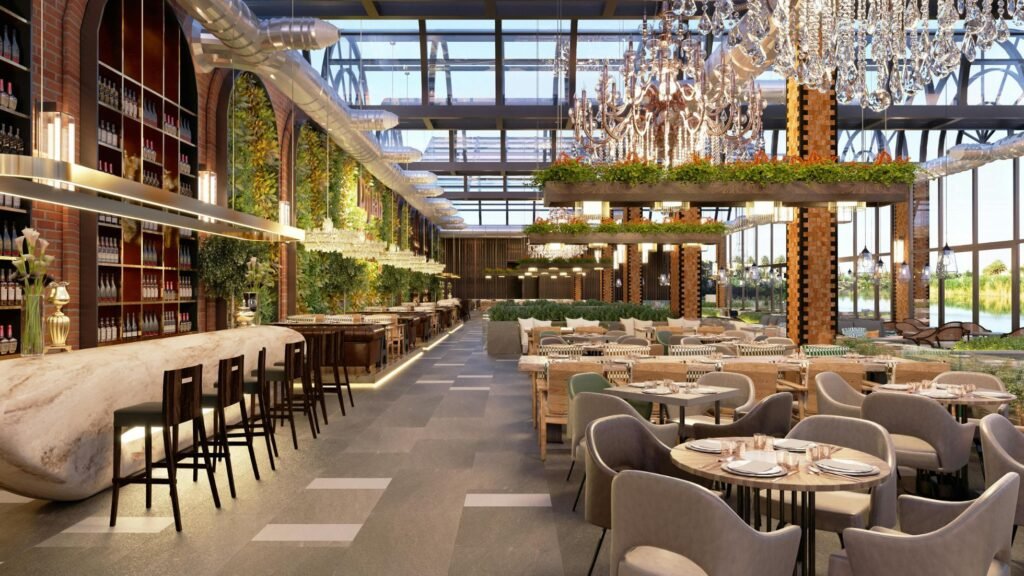
Modern hospitality construction is moving away from static designs towards dynamic, flexible spaces that adapt to changing needs. Whether it’s for a conference, a social event, or a corporate retreat, multi-functional spaces are the future.
Features of Flexible Spaces
- Modular Design: Easily reconfigurable rooms and layouts to suit different events.
- Adaptive Furnishings: Furniture that can be moved or transformed to meet various functional requirements.
- Technological Integration: Built-in audiovisual systems and connectivity for virtual events.
Benefits of Multi-Functional Design
- Maximized Space Usage: Adaptability allows for efficient use of available space.
- Enhanced Guest Experience: Guests enjoy spaces that can be personalized for different moods and occasions.
- Increased Revenue Opportunities: Multi-use spaces can cater to diverse market segments.
Example: A conference center with retractable walls can transform into a large banquet hall or several smaller meeting rooms depending on the event.
Trend #3: Wellness-Focused Design
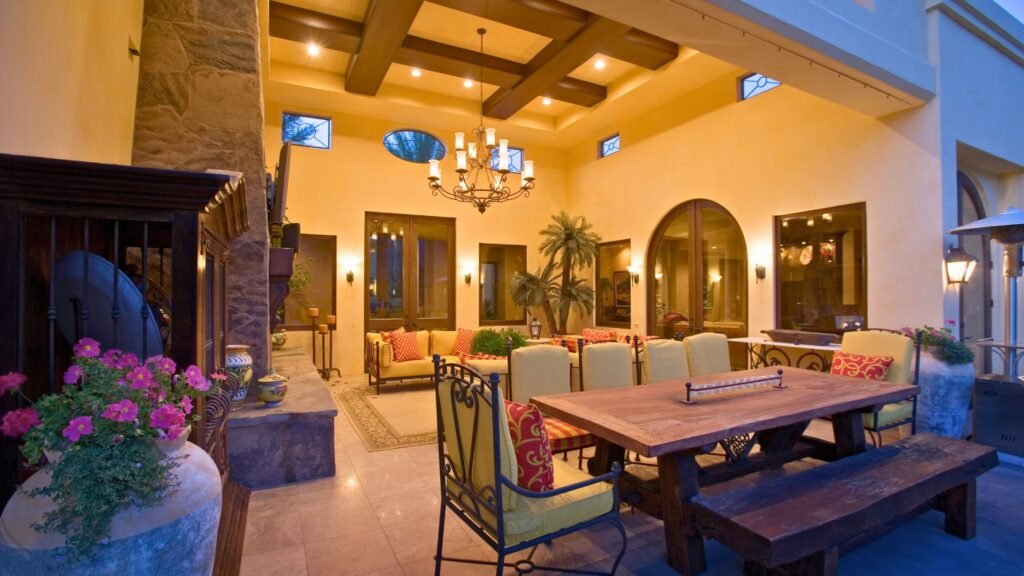
The wellness trend is more than just a buzzword—it’s a core consideration in hospitality construction. In 2025, wellness-focused designs that promote physical and mental well-being will become standard in hotels and resorts.
Key Elements of Wellness-Focused Construction
- Natural Light and Ventilation: Large windows and open spaces that allow natural light and fresh air.
- Biophilic Design: Incorporating natural elements such as plants, water features, and natural materials to create a calming environment.
- Health-Oriented Amenities: On-site gyms, yoga studios, and healthy dining options.
- Stress-Reduction Areas: Quiet zones, meditation rooms, and relaxation lounges.
Integrating Wellness with Digital Marketing
- Content Marketing: Share guest success stories and wellness journey articles on your blog.
- Social Media: Use platforms like Instagram to showcase serene spaces and wellness amenities.
- SEO: Optimize for keywords such as “wellness-focused hotel design” and “health-friendly hospitality construction.”
Trend #4: The Rise of Mixed-Use Developments
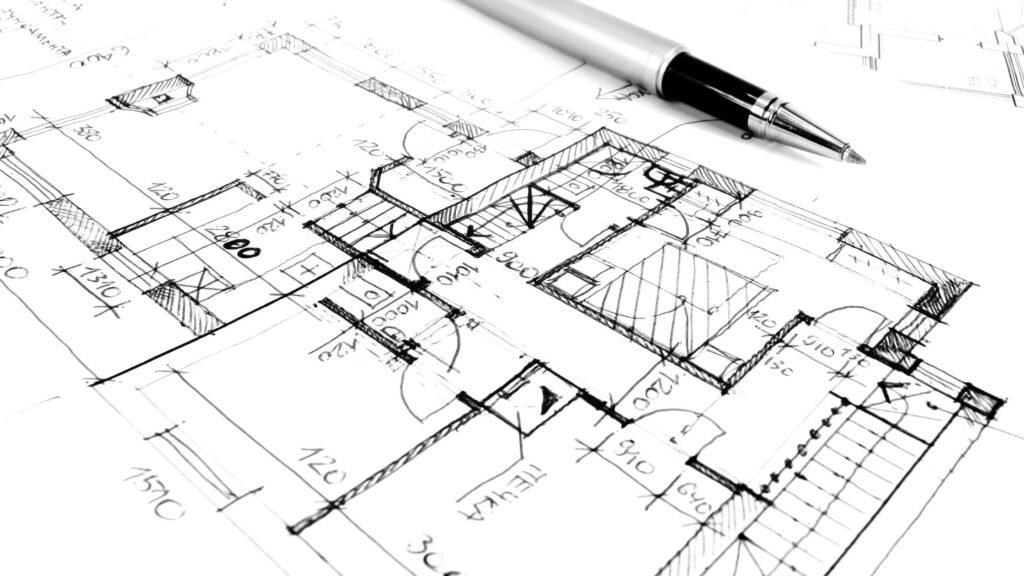
Mixed-use developments are becoming increasingly popular as they combine hospitality, retail, and office spaces in one location. These developments create vibrant communities and offer convenience to both residents and visitors.
Why Mixed-Use Developments?
- Enhanced Connectivity: Mixed-use spaces promote synergy between different sectors, providing an integrated experience.
- Economic Efficiency: Shared spaces and facilities reduce overall costs and maximize land usage.
- Lifestyle Convenience: Guests can enjoy dining, shopping, and entertainment within the same complex.
Digital Marketing for Mixed-Use Projects
- PPC Campaigns: Use targeted ads for different market segments such as business travelers and families.
- Content Marketing: Publish detailed guides and virtual tours showcasing the benefits of mixed-use developments.
- SEO: Target long-tail keywords like “mixed-use hospitality development” and “urban hotel trends.”
Example: A mixed-use project in downtown Atlanta featuring a boutique hotel, coworking space, and retail outlets appeals to both travelers and locals.
Trend #5: Advanced Digital Infrastructure and Connectivity
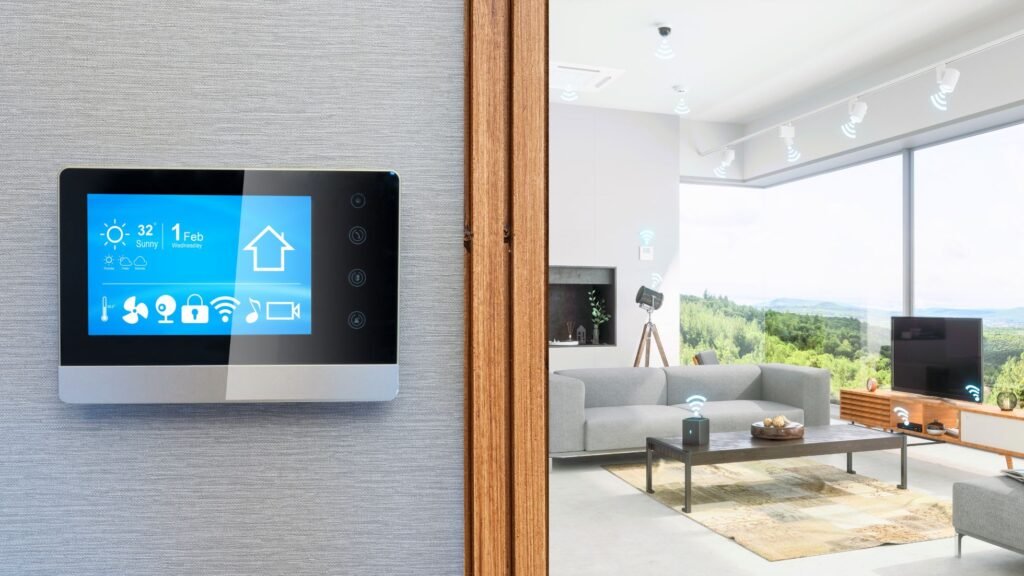
In an increasingly connected world, digital infrastructure is becoming a key element in hospitality construction. Future-proofing buildings with advanced connectivity solutions is essential for staying competitive.
Features of Advanced Digital Infrastructure
- High-Speed Internet: Fiber-optic connectivity for seamless guest experiences.
- Integrated Communication Systems: Centralized management for building operations.
- Cybersecurity Measures: Robust protocols to protect sensitive guest data.
- Tech-Enabled Guest Services: Mobile check-ins, digital concierge services, and smart room controls.
Importance for Marketing and Guest Engagement
- Digital Marketing Integration: Use analytics to tailor content and promotions based on guest behavior.
- Social Media Engagement: Leverage connectivity for live updates and interactive guest experiences.
- SEO & Content Marketing: Publish articles on how your building integrates digital infrastructure, using keywords like “digital hospitality construction” and “tech-enabled hotel design.”
How These Trends Impact Your Marketing Strategy
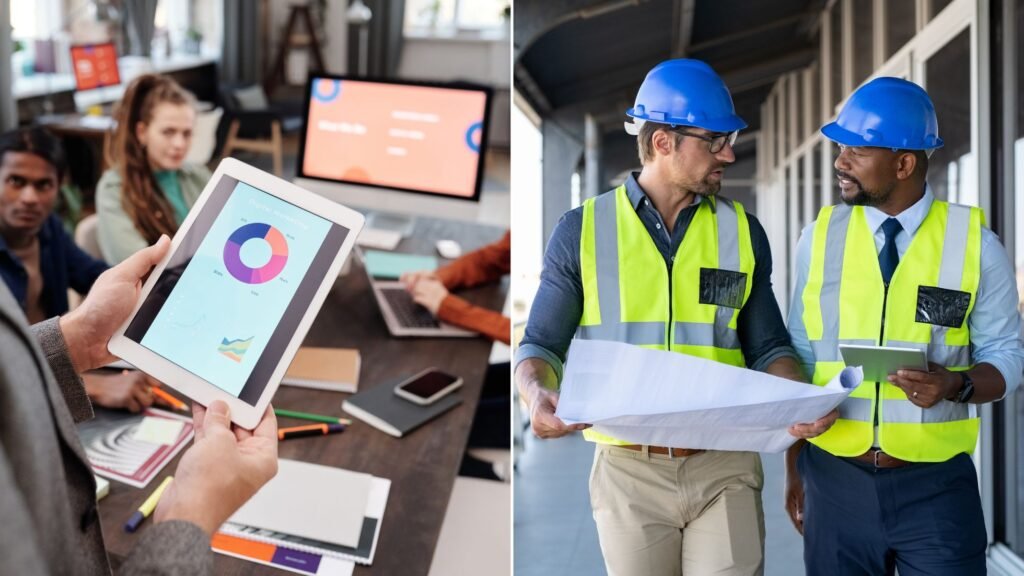
Understanding these hospitality construction trends is not only essential for building design but also for shaping your digital marketing strategy. Here’s how you can leverage these trends to boost your online presence and drive engagement:
Combining Construction Trends with Digital Marketing Tactics
- SEO: Incorporate industry-specific keywords (e.g., “hospitality construction trends 2025,” “sustainable hotel design”) to improve your search rankings.
- PPC: Run ad campaigns highlighting your cutting-edge construction projects and innovative design solutions.
- Content Marketing: Produce engaging content such as blog posts, video tours, and infographics that explain these trends in detail.
- Social Media: Share visuals, success stories, and behind-the-scenes content on platforms like Instagram, LinkedIn, and Facebook to build a community around your brand.
Bullet Points: Benefits of Integrating Construction Trends with Digital Marketing
- Increased Visibility: Optimized content reaches a wider audience.
- Engaged Audience: Interactive content fosters a deeper connection with potential clients.
- Authority Building: Showcasing industry trends positions you as a thought leader.
- Revenue Growth: Higher engagement and visibility lead to more inquiries and conversions.
Real-World Examples and Case Studies
Real-world applications of these trends can provide valuable insights and inspiration. Here are a few examples:
Case Study 1: A Sustainable Boutique Hotel in Atlanta
- Overview: This boutique hotel integrated eco-friendly materials and smart technology to create a modern, sustainable guest experience.
- Key Features: Solar panels, energy-efficient lighting, and automated climate control.
- Digital Marketing Impact: The project was supported by a comprehensive digital marketing campaign, including SEO-optimized blog posts, engaging social media content, and targeted PPC ads that boosted online inquiries by 30%.
Case Study 2: Mixed-Use Development in a Vibrant Urban Setting
- Overview: A mixed-use development combining a luxury hotel, retail spaces, and coworking offices transformed an urban neighborhood.
- Key Features: Flexible spaces, integrated digital infrastructure, and community-oriented design.
- Digital Marketing Impact: The marketing strategy included content marketing through virtual tours and influencer collaborations, which helped the project gain significant media attention and social media buzz.
Looking Ahead: Preparing for 2025 and Beyond
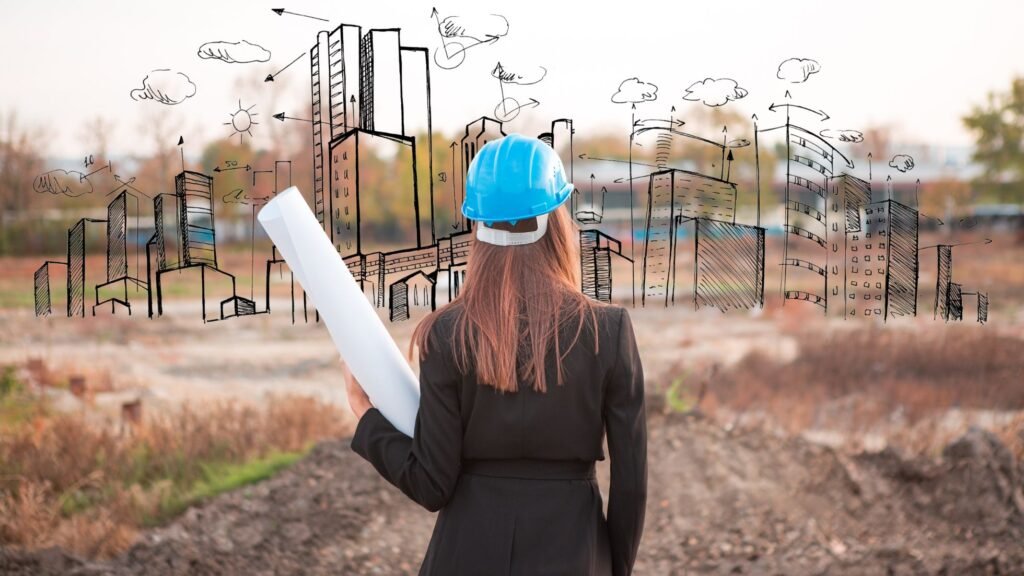
The hospitality construction industry is at an exciting crossroads. By embracing smart technologies, flexible design, wellness, mixed-use developments, and digital connectivity, companies can create spaces that not only impress guests but also lead the market. Meanwhile, integrating digital marketing tactics like SEO, PPC, content marketing, and social media will ensure these innovations reach the right audience.
Steps to Prepare for the Future
- Invest in Research: Stay updated on the latest construction technologies and design philosophies.
- Collaborate with Experts: Work with architects, digital marketers, and sustainability consultants.
- Leverage Data: Use analytics to understand customer behavior and tailor your marketing strategies.
- Experiment with New Technologies: Pilot projects integrating IoT, AI, and advanced digital infrastructure.
- Monitor Trends: Regularly update your strategy based on emerging trends in both construction and digital marketing.
Embrace the Future of Hospitality Construction
As we approach 2025, the convergence of advanced construction trends and innovative digital marketing strategies is set to redefine the hospitality industry. From smart, sustainable buildings to flexible spaces and wellness-focused designs, the future is bright for companies willing to invest in innovation. By aligning your construction projects with robust digital marketing efforts—including effective SEO, PPC, content marketing, and social media—you not only create outstanding spaces but also ensure these innovations reach a global audience.
Ready to lead the way in hospitality construction?
Don’t miss out on the opportunity to transform your projects and captivate your audience. Contact us today to discover how our expertise can help you integrate these groundbreaking trends and digital marketing strategies into your next project.
